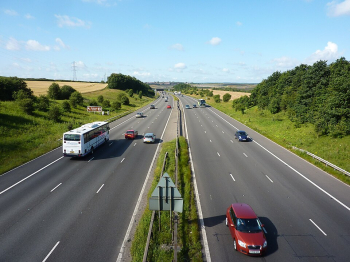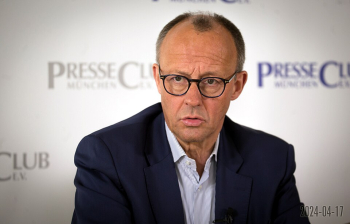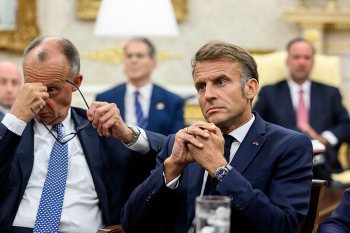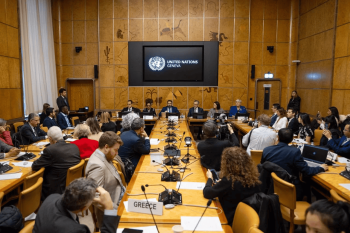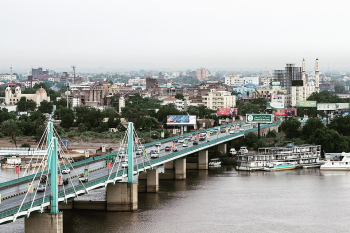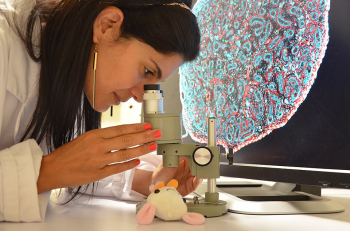
For the first time ever, the Dutch Cabinet will have more women than men after the swearing-in of VVD parliamentarian Marielle Paul as the Minister for Primary and Secondary
Education. With fifteen women out of a total of 29 Ministers and State Secretaries, the caretaker Rutte IV Cabinet is breaking new ground in gender representation, as reported by NOS.
This achievement places the Netherlands among a select group of countries worldwide where women make up the majority of their governments. As of the beginning of this year, only 13 such countries existed, including Spain, Rwanda, Canada, and Colombia. On a global scale, the average representation of women in government ministries remains less than a quarter, according to data from the United Nations.
Prime Minister Mark Rutte had set a goal to increase female representation in politics, and the Rutte IV Cabinet already made history by having the highest number of female politicians in Dutch parliamentary history at its inception.
Marielle Paul's appointment comes as a successor to Dennis Wiersma, who resigned amid multiple accusations of inappropriate behavior. Prime Minister Rutte expressed his satisfaction with Paul's appointment, stating, "I am very happy that she said yes, she is a very good one. She also knows the terrain well. And for the first time, a Council of Ministers with eleven women and only nine men. You know, we continue to look for gender parity, but only with equal suitability."
Devika Partiman, representing the Stem op een Vrouw foundation (Vote for a Woman), sees the rise of female politicians as a positive sign but remains vigilant against reverting to traditional gender imbalances. Partiman shared concerns that gender equality might not be sustained over time, and women might face barriers in being considered for high-ranking positions in the future. However, the progress made so far is seen as encouraging.
The impact of having more women than men in the Cabinet is twofold, according to Women Inc., an interest group advocating for gender equality. First, it serves as an inspirational example for young girls and women, showing them that they, too, can aspire to leadership roles in politics. Second, female government members are more likely to advocate for policies that promote gender equality, such as addressing the wage gap and reproductive rights.
Despite the milestone at the central government level, women remain underrepresented in other areas of Dutch politics. In city councils, around 35% of members are women, and the number of female deputies in provincial governments has hit a twelve-year low. Zeeland and Flevoland have entirely male provincial governments, highlighting the need for continued efforts to promote gender diversity at all levels of politics.
Female politicians also face disproportionate online criticism and harassment compared to their male counterparts, which has been a growing concern in the political arena. Deputy Prime Minister and D66 leader Sigrid Kaag cited hate, harassment, and threats as factors influencing her decision to step down from politics. The recent announcement of prominent female politician Corinne Ellemeet's departure highlights the pressing need to address this issue to create a more inclusive and supportive political environment for women. Photo by Rijksoverheid.nl, Wikimedia commons.


